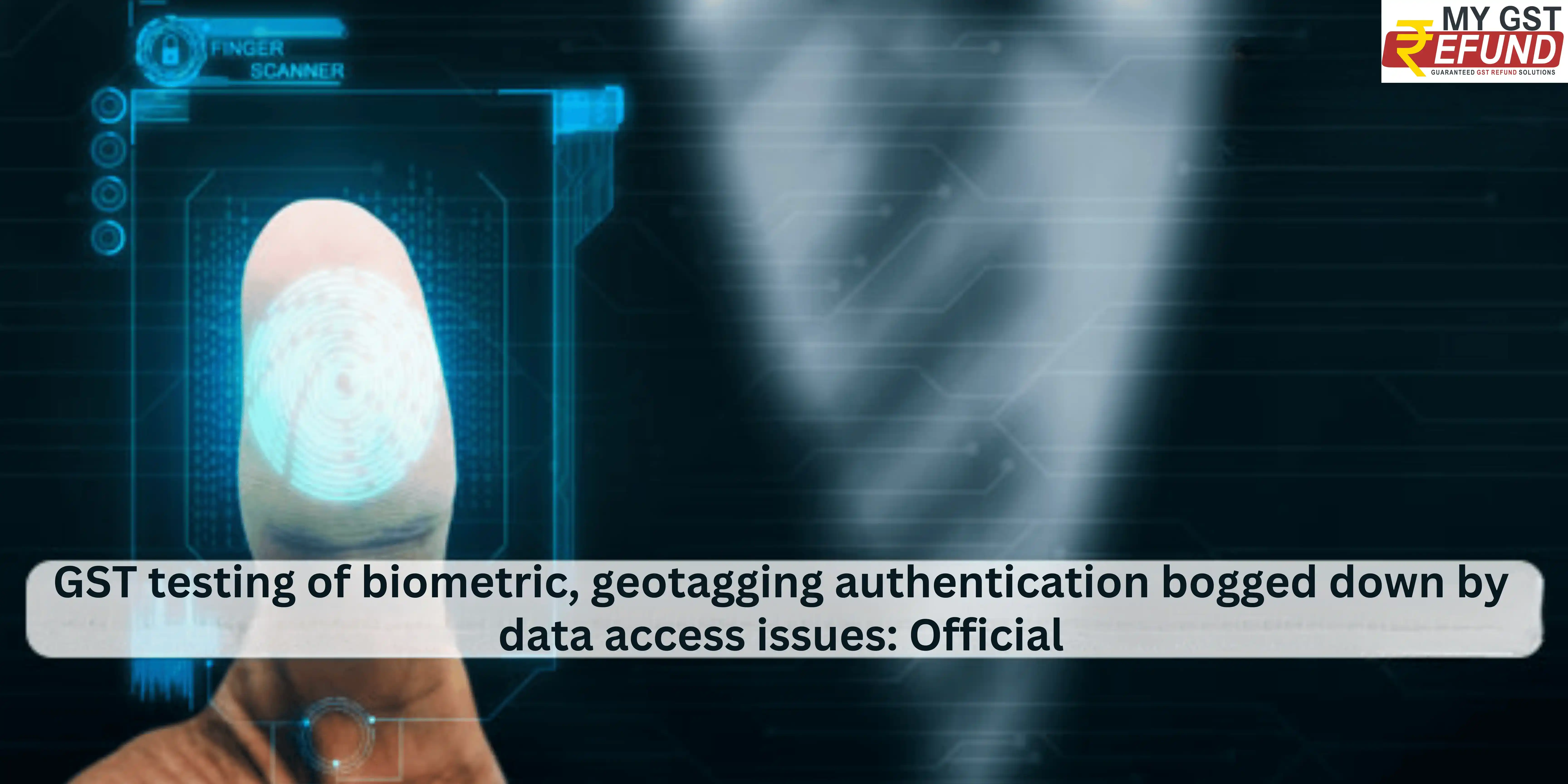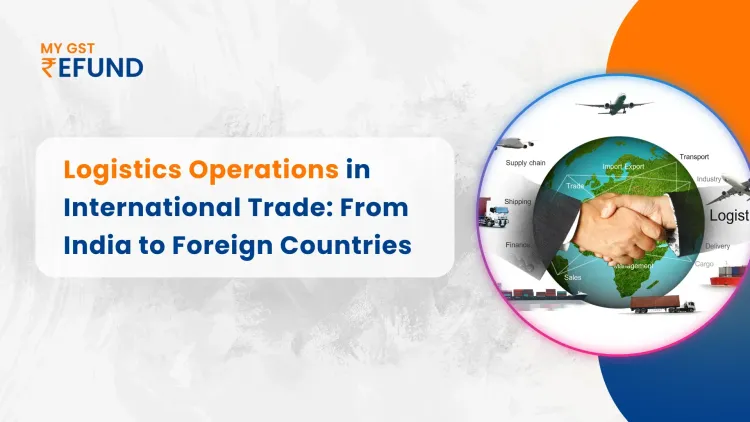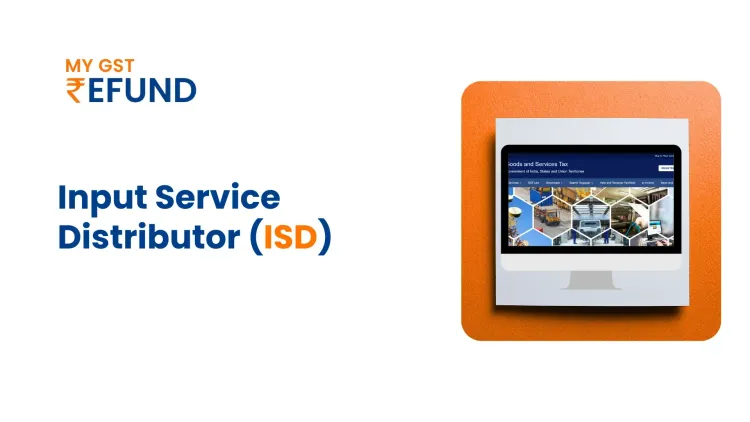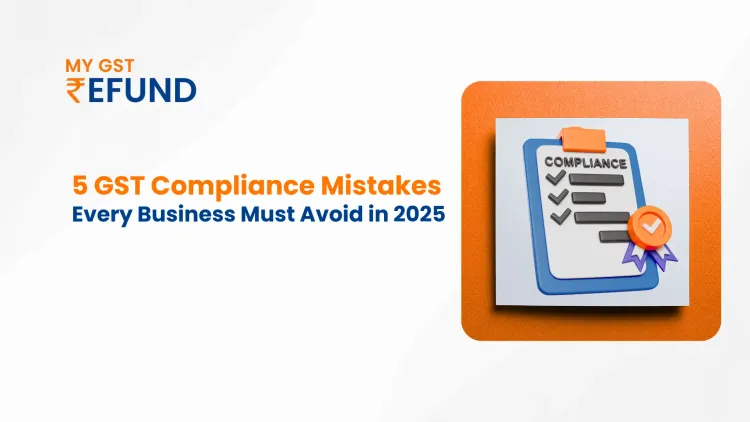GST testing of biometric, geotagging authentication bogged down by data access issues: Official
Published on: Thu Sep 21 2023
A senior government official has revealed that the commencement of pilot projects to evaluate biometric and geotagging authentication within the GST registration procedure has been postponed due to disagreements regarding access to the Aadhaar identity database.
Nevertheless, the finance ministry remains optimistic about implementing both authentication methods, biometric and geotagging, in the fiscal year 2025. These measures are designed to prevent the registration of counterfeit entities and to address fraudulent claims of input tax credit under the Goods and Services Tax system.
"The pilot projects in Odisha and Puducherry were slated for rollout but were stalled at that time due to access issues with the Unique Identification Authority of India (UIDAI) database," stated the senior government official to Moneycontrol.
To bolster the GST registration process and combat the proliferation of bogus entities, the government is incorporating biometrics and geotagging for office locations. Presently, individual identity is established through OTP-based authentication using Aadhaar and PAN.
Initially, the Central Board of Indirect Taxes and Customs (CBIC) planned pilot projects in Odisha and Puducherry, followed by Rajasthan, Maharashtra, and Gujarat in subsequent phases. However, disagreements persist regarding access to the UIDAI database during these trial periods.
Read Also: GST E-Way Bill Update: New HSN Code requirements effective from October 1, 2023
The official elaborated, "States had specific preferences for the approach, which didn't align with the Goods and Services Tax Network's (GSTN) comfort level. UIDAI was inclined to provide database access solely to GSTN, while everyone desired a unified access point. UIDAI intends for all to access through GSTN. This is currently under deliberation."
Despite the delays, the proposal for verification based on biometrics and geotagging, along with the outcomes of initial pilot projects, is expected to be presented to the GST Council during its meeting in the October-December timeframe. Subsequently, it can be rolled out in the following fiscal year. After the trials, the infrastructure requirements will be assessed, and the specifics will be refined.
"Once endorsed by the GST Council, CBIC can proceed with implementation. The swiftness of scaling up biometric and geotagging verification will need to be assessed. However, it should be operational in the next fiscal year," the official affirmed.
According to GST regulations, a physical presence is mandatory for a business location. Many entities were found to have fictitious addresses. The government is now striving to mandate geotagging of addresses for all companies, while biometric authentication will be obligatory for high-risk entities.
Read Also: Supreme Court stays Rs 21,000 cr GST notice to Gameskraft
In a two-month operation concluding in July, the CBIC uncovered 20,800 counterfeit entities and identified false claims of input tax credit amounting to Rs 19,500 crore. Input tax credit allows GST taxpayers to offset taxes paid on inputs used in goods or services production.
Counterfeit firms often emerge by utilizing someone else's PAN and Aadhaar details to register. Some individuals reportedly make minor payments to obtain others' identity documents and establish fraudulent entities.
However, it is imperative that the new verification procedures do not impede the GST registration process. The official stressed, "Registration must remain a swift and straightforward process because there are already complaints that it takes up to 15 days.
Are you Looking for GST Refund Service? Mygstrefund.com offers GST refunds on business, exports, and many more if your GST application is rejected. Get in touch with us today.
Related Posts





